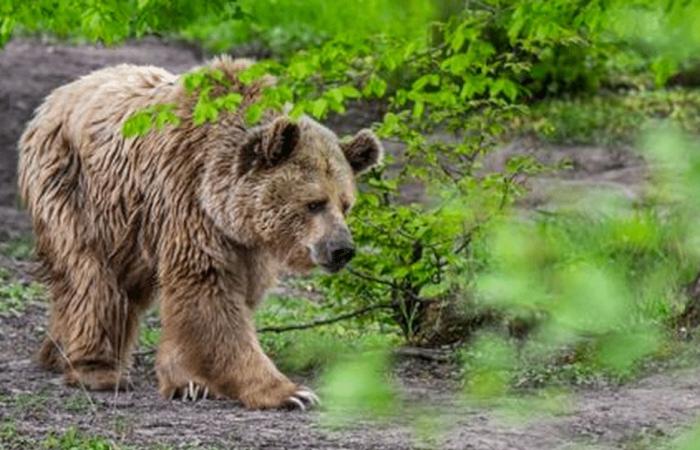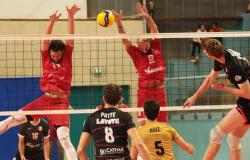Although the final figures will not appear until the end of December 2024, the first trends, revealed by the Departmental Directorate of Territories (DDT) of Ariège, indicate an overall drop in bear attacks during the summer pasture season. . On an equivalent date, the figures are even the lowest since at least 2019.
The essentials of the day: our exclusive selection
Every day, our editorial team reserves the best regional news for you. A selection just for you, to stay in touch with your regions.
France Télévisions uses your email address to send you the newsletter “The essentials of the day: our exclusive selection”. You can unsubscribe at any time via the link at the bottom of this newsletter. Our privacy policy
The announced trend appears to be good news, both for breeders and for the most fervent defenders of the bear. The 2024 summer pasture season would be the most spared from mammal attacks on herds since 2019.
Anne Calmet, director of the Ariège DDT, specifies: “We have not yet received all the findings for this year. But what is certain is that there are fewer than in previous years, the same date.” In 2023, there would be 496, compared to more than a hundred fewer, 360, this year.
Two types of findings are reported to the DDT, suspicion of predation, when an animal is found dead, and exceptional loss, when too many animals disappear for it to be a natural death. It is this last type of observation which, for certain summer pastures, is still missing at this time. “We will have the final figures from the third week of December,” underlines Anne Calmet.
An overall downward trend, which the representative of State services attributes, among other things, to an increase in means of protection. “The 19 centers of predation each have two or three means of protection. We have reinforced the human presence thanks to support shepherds or night guards. But there are also protection dogs, and for certain summer pastures, electrified park at night.”
As for the Pays de l'Ours – Adet association, we welcome this trend: “We have been saying it for years, says Alain Reynes, its director. There is no secret. The number of attacks does not depend on the number of bears but on the means of protection put in place. These first figures are very significant. The number of attacks is decreasing, while the bear population is increasing. possible, if we give ourselves the means.”
Anne Clamet still wants to qualify these first figures: “We are on a decreasing overall observation. But on certain summer pastures, the attacks have not decreased. There remain disparities from one summer pasture to another, on the 19 centers of predation.” The reduction in attacks would therefore not be systematic.
The director of the DDT also emphasizes the feelings of the breeders. “Attacks or not, the bear is there, it's a reality. And this pressure on the breeders is not decreasing. They are always on their guard.”
For Alain Reynes, we must continue efforts in this direction. The director of Adet assures that little by little, the bears “will understand that herds are no longer an accessible source of food. Losses will continue to fall, but so will attack attempts.”






